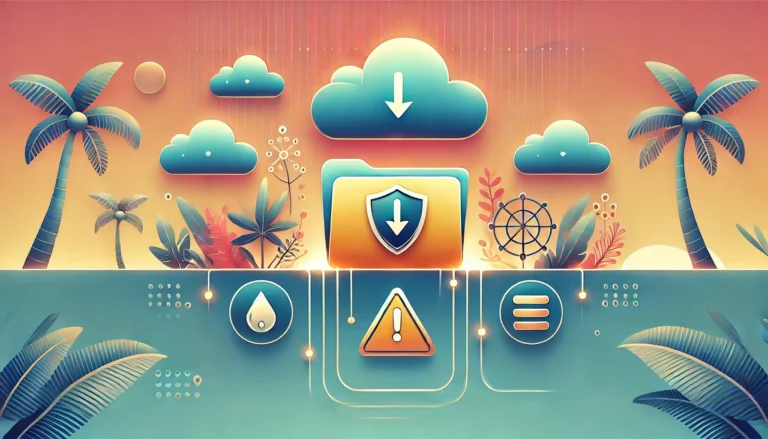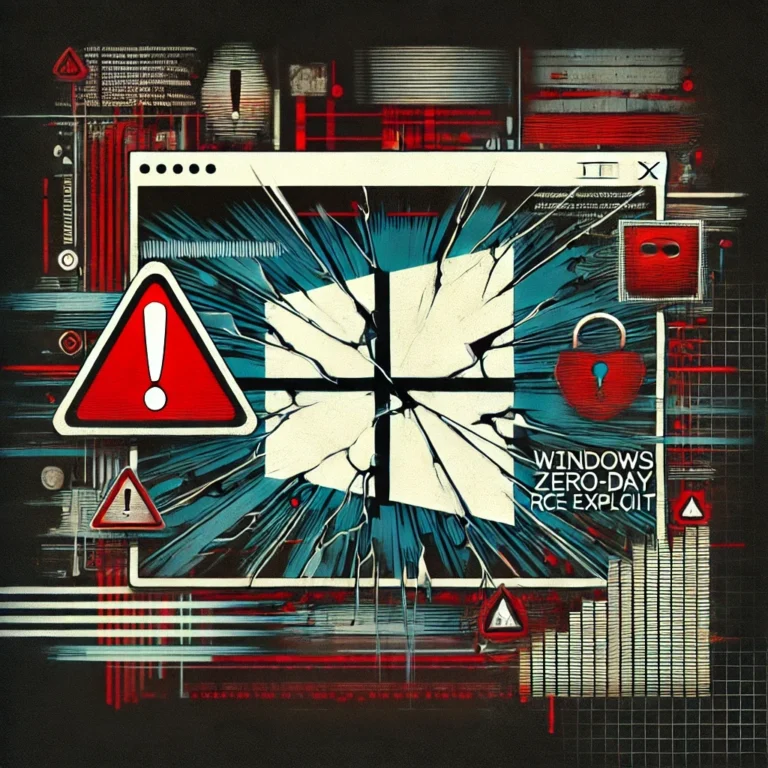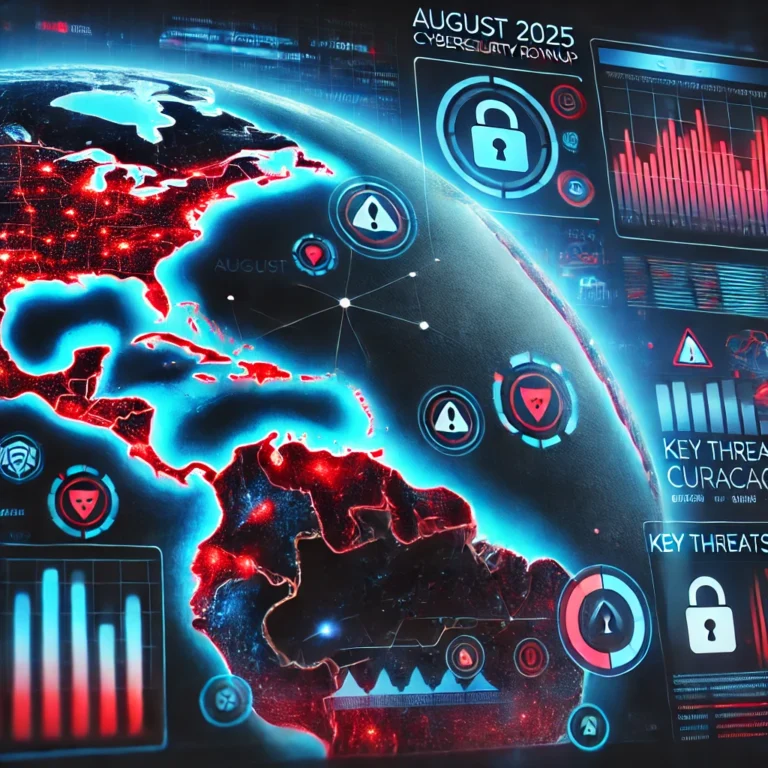When people hear CIA, they often think of the U.S. intelligence agency — but in cybersecurity, it means something completely different. The CIA Triad stands for Confidentiality, Integrity, and Availability — three pillars that guide how we protect information in the digital world.
Whether you’re running a business, managing government systems, or just keeping your personal data safe, understanding the CIA Triad is essential for building strong security defenses and making informed technology decisions.
Breaking Down the CIA Triad
1. Confidentiality
Confidentiality means keeping sensitive information safe from unauthorized access.
It applies to everything from private customer details to classified government records.
Risks:
- Data breaches exposing personal or financial information.
- Insider threats from employees misusing access.
- Weak passwords and unencrypted communications.
Rewards:
- Builds customer trust and brand reputation.
- Helps meet legal and regulatory requirements.
- Reduces financial losses from data theft.
2. Integrity
Integrity is about ensuring data remains accurate, complete, and unaltered unless changed by authorized people.
Risks:
- Cyberattacks that modify financial records or medical files.
- Human error causing accidental changes or deletions.
- Malware corrupting stored information.
Rewards:
- Reliable decision-making based on accurate data.
- Better compliance with industry standards.
- Stronger operational efficiency.
3. Availability
Availability means making sure information and systems are accessible when needed.
From online banking to airline booking systems, downtime can cause major disruption.
Risks:
- Ransomware or DDoS attacks taking systems offline.
- Natural disasters damaging infrastructure.
- Power outages and poor network redundancy.
Rewards:
- Smooth business operations with minimal downtime.
- Higher customer satisfaction and loyalty.
- Competitive advantage over less reliable competitors.
Balancing the Three Pillars
One of the biggest challenges in cybersecurity is balancing the CIA Triad.
For example:
- Increasing confidentiality with strong encryption may reduce availability if it slows down access.
- Improving availability with open access can reduce confidentiality.
The right balance depends on your specific risks, resources, and operational needs.
Where the CIA Triad Matters Most Locally
In regions like the Caribbean, certain factors make the CIA Triad particularly important:
- Tourism-heavy economies mean personal data flows constantly between hotels, airlines, and booking platforms.
- Smaller organizations may have limited IT resources, making system availability harder during crises.
- Rapid digitization increases the need for reliable data integrity.
By applying CIA Triad principles, organizations can better protect themselves from cyber threats while enabling growth and innovation.
5 Steps to Strengthen the CIA Triad
- Encrypt sensitive data to boost confidentiality.
- Use access controls and monitoring to protect data integrity.
- Maintain disaster recovery plans for system availability.
- Train staff to recognize security risks and follow best practices.
- Review and update policies regularly to adapt to new threats.
Final Word
The CIA Triad is more than just a cybersecurity theory — it’s a practical framework for keeping information safe, accurate, and accessible. By balancing confidentiality, integrity, and availability, you can create a stronger, more resilient security posture that supports both protection and performance.





